Registers kept by Industrial and Reformatory Schools contain a great deal of information about the criminal and destitute children who were sent to these institutions from the mid-nineteenth century until 1933, when they were merged into the new approved schools under the Children and Young Person Act. Remember to bear in mind that these records can be closed up to 100 years so the records from the 1920s and early 1930s are unlikely to be open.
Both Industrial and Reformatory School Admissions Registers can contain a wide range of personal information and details about the crime or circumstances which led to the child being admitted. This information might include:
- name
- age
- date of birth
- date of admission
- with what charged
- criminal history
- trade or occupation
- period of detention
- previous character
- religion
- name of parents
- occupation of parents
- address of parents
- educational attainment
- physical description, sometimes including a photograph.
Industrial and Reformatory School registers and other records can be found in both local record offices and at the National Archives, so it helps to check both.
For example, the admission registers, school returns, and discharge and licence registers of Bradwell Reformatory in Cheshire are held the National Archives, but minutes, committee paper and correspondence, are held at the Cheshire Archives. In contrast, the records of the Leeds Reformatory (later the East Moor Approved School) are held in the local record office.
Some industrial and reformatory schools’ records have been digitised. For example, records held at the West Yorkshire Archives relating to industrial and reformatory schools (including Leeds Reformatory School, Calder Farm Reformatory, and Shadwell Industrial School) have been digitised and made available (for a fee) at Ancestry.co.uk. Similarly, the registers of the Manchester Industrial School are available on Findmypast.co.uk.
Download a guide to Industrial and Reformatory Schools sources

